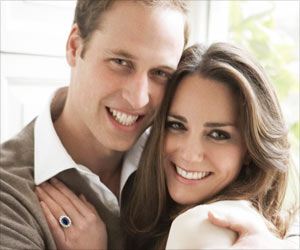Former British Home Secretary David Blunkett has pledged to leave his brain to scientists for dementia research.
Former British Home Secretary David Blunkett has pledged to leave his brain to scientists for dementia research. He is supporting a campaign to draw attention to the severe shortage of brains needed for the study of Alzheimer's disease and similar conditions.
Mr Blunkett, 62, does not have dementia and will be assessed for the brain bank when he reaches 65.He said: 'I've pledged my brain tissue for research as I know how vital it is to defeat dementia.
He said, 'As Vice President of Alzheimer's Society I have seen first hand the devastating impact of this condition that affects 700,000 people in the UK.
'I hope to be using my brain for a good while yet, but I'm pleased to know that it may help people in the future when I no longer have need of it.'
It is felt the move will encourage others to sign up to leave their brains to the Brains for Dementia Research, set up in 2007 to promote brain donation and establish a network of brain banks.
The two million pound project, funded jointly by the Alzheimer's Society and the Alzheimer's Research Trust,aims to monitor people with a memory impairment and those without any until they die and then study the brain. This enables researchers to look much more specifically at brain changes in relation to particular manifestations of dementia.
Advertisement
”We therefore invite people diagnosed with a memory impairment (or dementia) to participate in monitoring memory, thinking and behaviour prior to brain donation. We also invite those who do not have a memory impairment to take part, as normal brain tissue is essential for comparison.
Advertisement
It aims to set the 'gold standard' for brain tissue banking by linking 5 leading centres (based in London, Oxford, Newcastle, Manchester and Cardiff) in a network of common standards, best practice and cooperation. This lays the foundation to enable the highest quality dementia research, with the purpose of finding treatments that will manage symptoms, halt disease progression and ultimately cure dementia.
Professor Paul Francis, Director of Brains for Dementia Research at King's College London, said 'We estimate we need up to 200 brain donations each year to establish the banks and to replace tissue used in scientific studies.
'Brains from people without dementia are particularly important as they help us work out the differences between healthy older people and people with dementia.
A survey commissioned for the launch of the brain bank found only 31 per cent of people are aware it is possible to donate your brain after death for dementia research.
This compares to 86 per cent who are aware of heart donation for transplant and 72 per cent who know of the possibility to leave your whole body for medical science.
Source-Medindia
GPL












